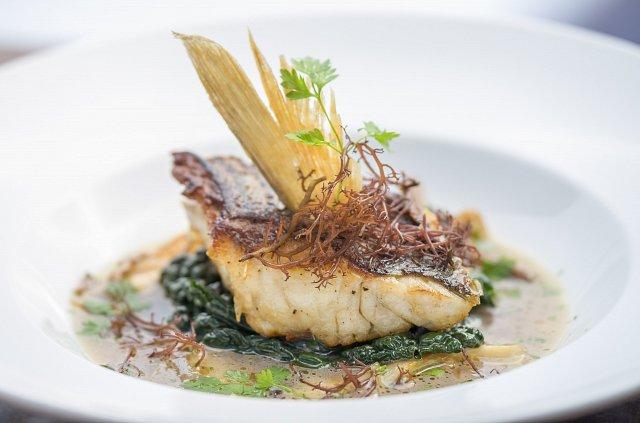37 Useful Japanese Words in English You should know
Japan
by Coco Tran On September 9, 2023
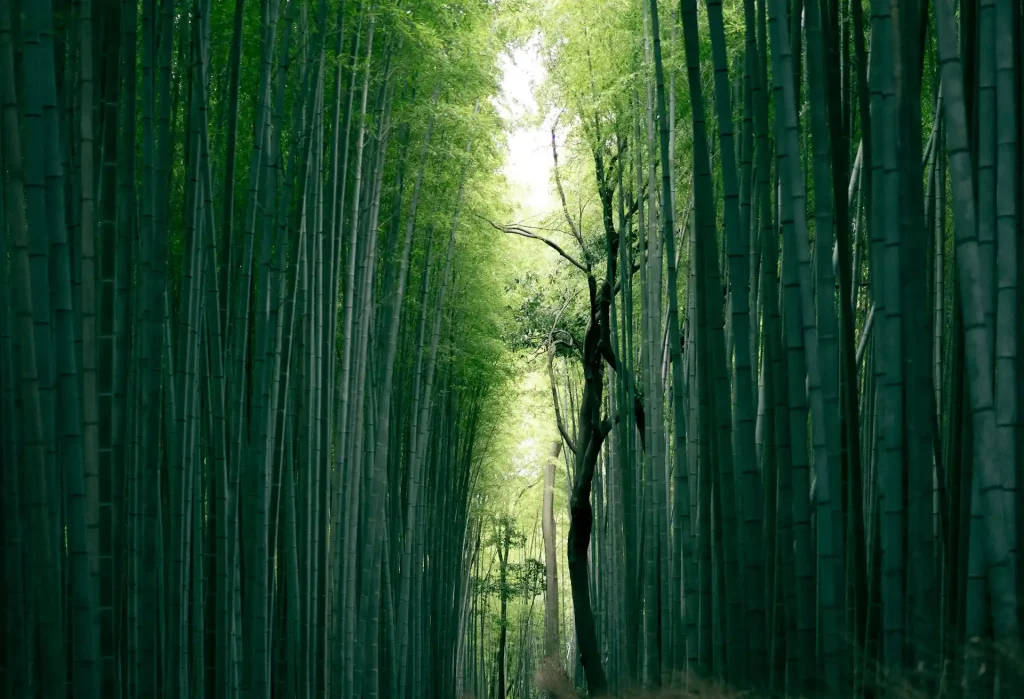
According to various sources, some of the most Googled Japanese words in English include anime, sushi, karaoke, tsunami, and emoji. These words have become so popular that they are now part of the English lexicon, and you might even use them without realizing their Japanese origin. Learning these words can help you understand Japanese culture and language better, and they are a great starting point for anyone interested in learning Japanese.
In This Article: Table of Contents
some links may be affiliate links. If you purchase using the link I may get a small commission which costs you nothing extra.
READY TO BOOK YOUR TRIP?
Best Travel Resources to plan your trip
more helpful travel resources
*This site contains product affiliate links, and I may get a commission, which costs you nothing extra. Thanks for your support
Other Japan Articles
Aesthetic Japanese words
Japanese words aesthetic
Whether you are a language enthusiast or simply curious about some basic Japanese words we use every day, this list of Japanese words in English is sure to be informative and interesting.
here are some Japanese phrases you should know when visiting Japan
1. Arigatou Gozaimasu (ありがとうございます)
Thank You
In Japanese culture, expressing gratitude is of utmost importance. “Arigatou Gozaimasu” is the formal way to say “thank you.” The phrase reflects the Japanese value of respect and appreciation. It is commonly used to show gratitude for acts of kindness, assistance, or gifts received.

2. Konnichiwa (こんにちは)
Hello
As a commonly used greeting in Japan, “Konnichiwa” is the equivalent of saying “hello.” It is a versatile phrase that can be used at any time of the day. When meeting someone for the first time, it is customary to use “Konnichiwa” to initiate a friendly interaction.
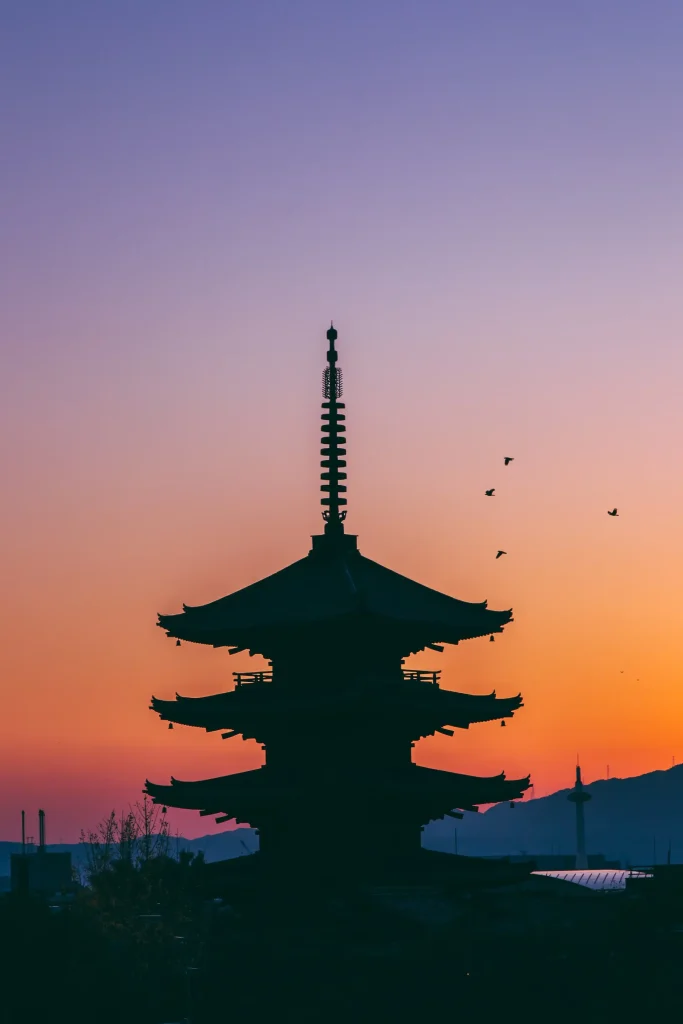
3. Sayonara (さようなら)
GOODBYE
Is a commonly used Japanese greeting when bidding farewell in Japanese, “Sayonara” is the appropriate term to use. It conveys a sense of finality and is often used when parting with someone for an extended period or when leaving a place permanently.
4. Sumimasen (すみません)
Excuse Me/I’m Sorry
“Sumimasen” is a versatile phrase that can be used to seek forgiveness, apologize, or politely get someone’s attention. It is a crucial term in Japanese culture, emphasizing the importance of politeness and consideration towards others.
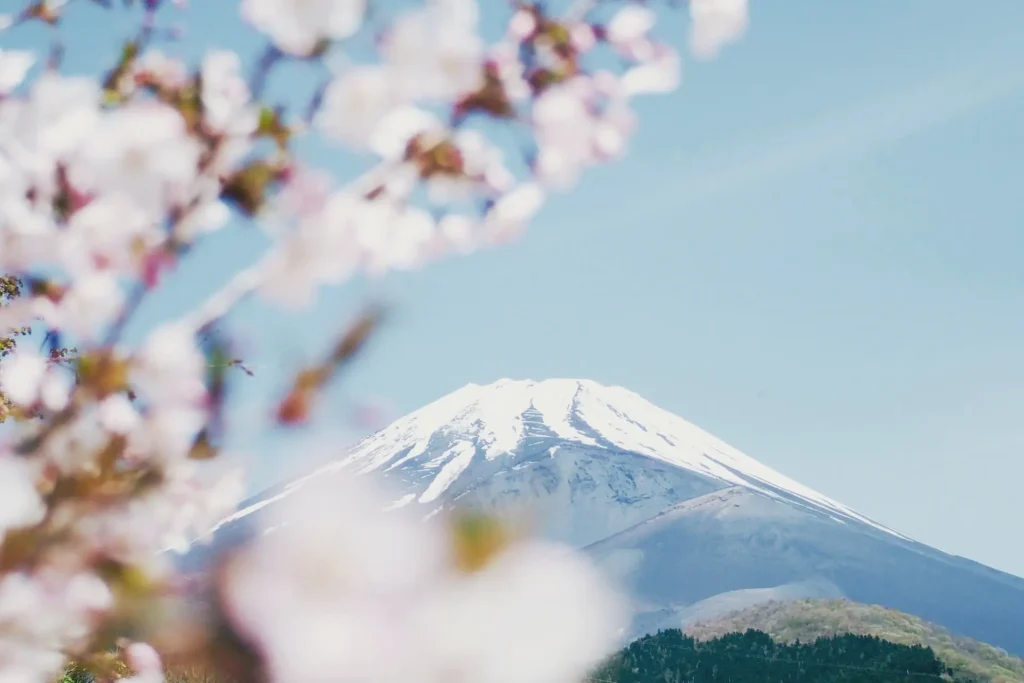
5. Oishi (おいしい)
Delicious
When it comes to describing food, the word “oishi” comes to the forefront. Used to express delight in culinary experiences, this word signifies the Japanese appreciation for flavorful and appetizing dishes.
6. Kawaii (かわいい)
Cute
The term “kawaii” has become a worldwide phenomenon, representing the concept of cuteness in Japanese culture. From adorable characters to charming aesthetics, the word “kawaii” encapsulates the Japanese love for all things endearing.
7. Genki (元気)
Good Health/Energetic
“Genki” embodies the concept of vitality and well-being in Japanese. It refers to being in good health and having a positive and energetic disposition. This word reflects the importance placed on maintaining physical and mental wellness. In my Highschool Japanese class, my teacher would aways address the cass ” minasan, genki desu ka?” which means everyone how are you today?
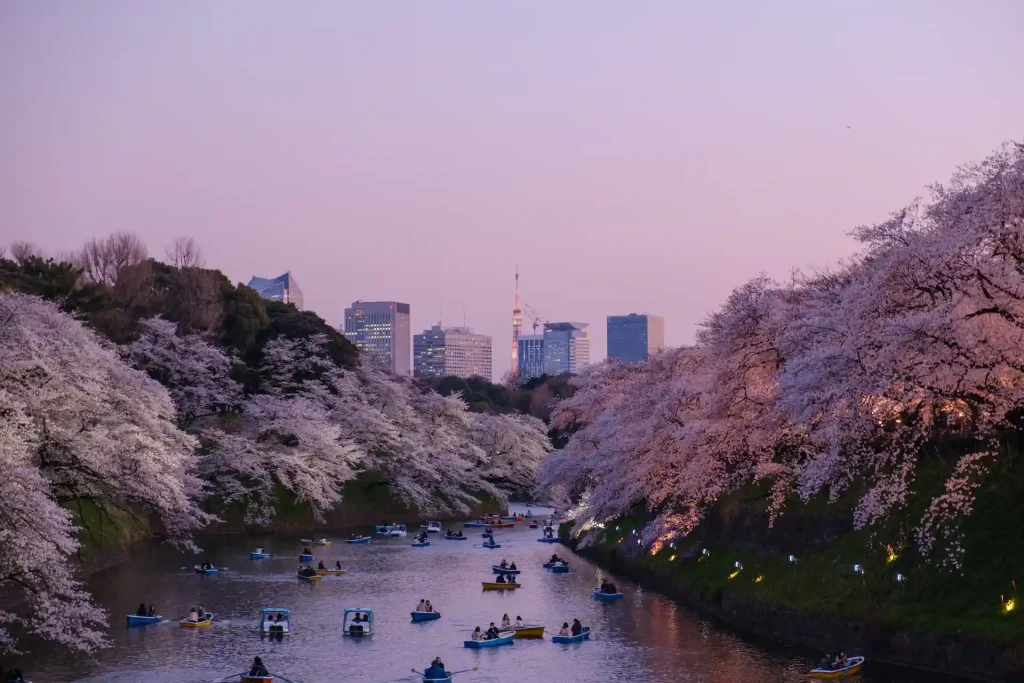
8. Sensei (先生)
Teacher/Master
In Japanese, “sensei” is a respectful term used to address teachers, mentors, or individuals who possess expertise in a particular field. It highlights the reverence for knowledge, learning, and the guidance provided by experienced individuals.
9. Ganbatte (頑張って)
Good Luck/Do Your Best
When encouraging someone or wishing them luck, “ganbatte” is the phrase to use. It serves as a motivation to give one’s best effort and overcome challenges. This word exemplifies the Japanese spirit of perseverance and determination.
10. Banzai (万歳)
Hooray/Long Life
Derived from ancient Japanese tradition, “banzai” is an exclamation used to celebrate joyous occasions or express enthusiasm. It can be translated as “hooray” or “long life” and is often chanted during festivals or to commemorate important events.
11. Itadakimasu (いただきます)
Bon Appétit
Before starting a meal, the phrase “itadakimasu” is uttered to express gratitude for the food and the efforts involved in its preparation. It reflects the Japanese belief in valuing every meal and acknowledging the contributions of those involved.
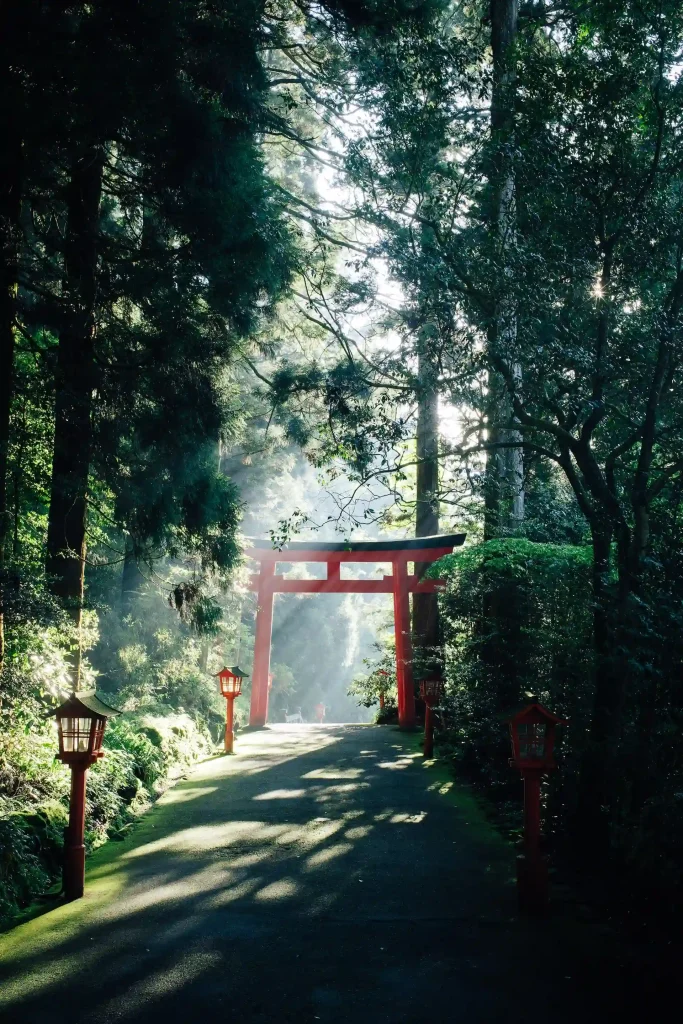
12. Otsukaresama Desu (お疲れ様です)
Well Done/Thank You for Your Hard Work
“Otsukaresama Desu” is a phrase used to acknowledge someone’s hard work or to show appreciation for their efforts. It is commonly used in professional settings, recognizing the dedication and commitment of individuals.
13. Hai (はい)
Yes
While the word “hai” simply translates to “yes” in English, its significance in Japanese culture goes beyond a mere affirmation. “Hai” reflects respect, attentiveness, and the willingness to comply with requests or instructions.
14. Gomen Nasai (ごめんなさい)
I’m Sorry
Similar to “Sumimasen,” “Gomen Nasai” is used to apologize or seek forgiveness. This phrase conveys a sincere expression of remorse and acknowledges one’s responsibility for any inconvenience or mistake caused.

15. “トイレはどこですか、お願いします” (Toire wa doko desu ka, onegai shimasu?)
Where Is the Bathroom, Please
When in need of directions to the bathroom, you can politely ask “トイレはどこですか、お願いします” (Toire wa doko desu ka, onegai shimasu?). This phrase ensures that you ask for assistance in a respectful manner while seeking the location of the restroom.
16. “愛してる” (Ai shiteru)
I Love You in Japanese
To say I love you in Japanese, you can say “愛してる” (Ai shiteru) to convey the profound feeling of “I love you.” This phrase holds deep significance in relationships and signifies a strong emotional bond.
17. “お誕生日おめでとう” (Otanjoubi omedetou)
happy birthday
To wish someone a happy birthday in Japanese, you can say “お誕生日おめでとう” (Otanjoubi omedetou). This phrase is commonly used to celebrate someone’s special day and is often accompanied by gifts and well-wishes.
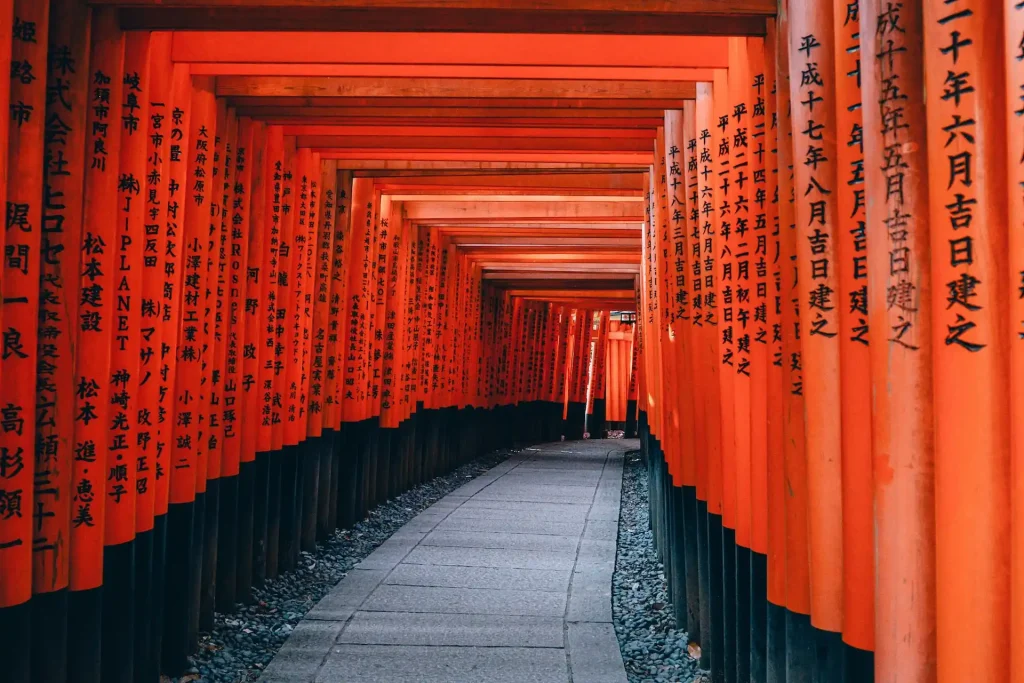
17. “英語が話せますか” (Eigo ga hanasemasu ka?)
Do You Speak English?
If you find yourself in a situation where you need to ask if someone speaks English, you can inquire by saying “英語が話せますか” (Eigo ga hanasemasu ka?). This phrase allows you to ascertain if the person can communicate with you in English.
18.”おやすみなさい” (Oyasumi nasai)
goodnight
To bid someone Good Night in Japanese, you can say “おやすみなさい” (Oyasumi nasai). This phrase is used to wish someone a restful and peaceful night’s sleep.
19. “こんにちは” (Konnichiwa)
Good Afternoon
To greet someone with Good Afternoon in Japanese, you can say “こんにちは” (Konnichiwa). This phrase is used to acknowledge the time of day and is typically used from mid-morning until late afternoon.
20. “あなた” (Anata)
you
The word you in Japanese can be expressed as “あなた” (Anata). It is a general term used to refer to someone in a polite and respectful manner. However, it’s important to note that the usage of pronouns in Japanese is different from English, and it is often more common to use the person’s name or a title.
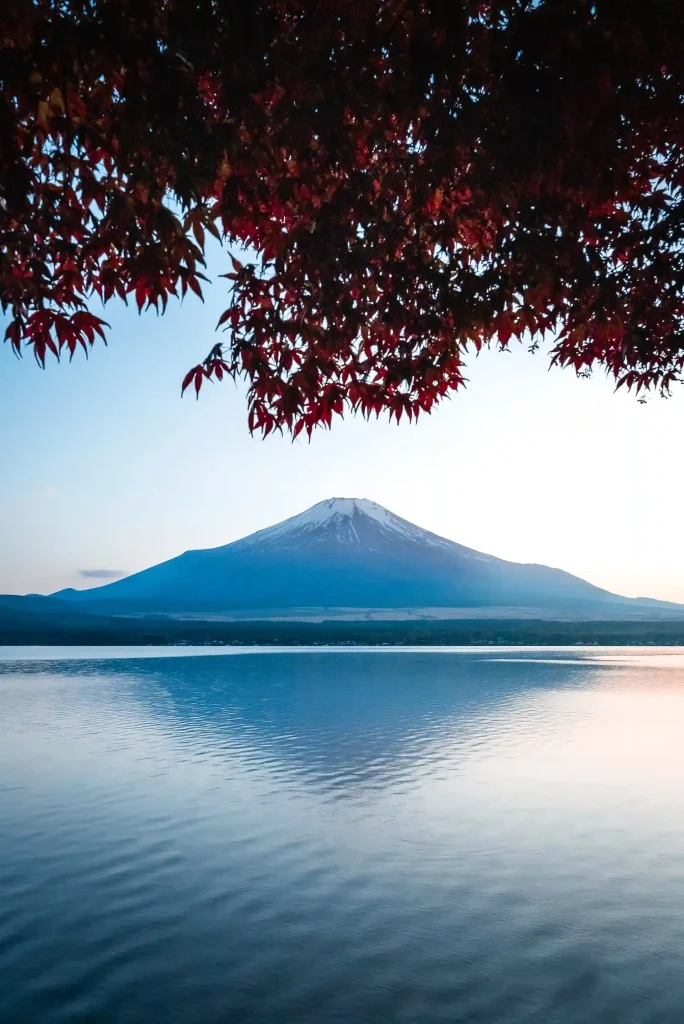
21. “月” (Tsuki)
moon
The word for moon in Japanese is “月” (Tsuki). The moon holds a special place in Japanese culture and is often associated with beauty, serenity, and poetic imagery.
22 . “会いたいです” (Aitai desu)
i miss you
To express I miss you in Japanese, you can say “会いたいです” (Aitai desu). This phrase conveys the longing and desire to see someone you care about.

23. “白” (Shiro)
white
The color white in Japanese is “白” (Shiro). It is often associated with purity, cleanliness, and simplicity.
24. “月” (Tsuuki).
months
The word for months in Japanese is “月” (Tsuuki). In Japanese, each month is represented by a combination of numbers and the word “月.” For example, January is “一月” (Ichigatsu), February is “二月” (Nigatsu), and so on.

25. “本当に” (Hontou ni)
really
To express “really” in Japanese, you can say “本当に” (Hontou ni). This word conveys a sense of sincerity and emphasizes the truth or genuineness of a statement.
26. “初めまして” (Hajimemashite)
Nice to Meet You
To greet someone with Nice to meet you in Japanese, you can say “初めまして” (Hajimemashite). This phrase is used when meeting someone for the first time and conveys a sense of politeness and respect.
27. “虎” (Tora)
tiger
The word for tiger in Japanese is “虎” (Tora). Tigers are associated with strength, power, and courage in Japanese culture.

28. “なるほど” (Naruhodo)
i see
To acknowledge understanding or to say “I see” in Japanese, you can say “なるほど” (Naruhodo). This phrase expresses comprehension or realization of a concept or information.
29. “薔薇” (Bara)
rose
The word for “rose” in Japanese is “薔薇” (Bara). Roses are often associated with beauty, love, and romance.
30. “家” (Ie)
home
The word for “home” in Japanese is “家” (Ie). It represents the place where one lives and holds a sense of familiarity, comfort, and belonging.
31. “今日” (Kyou)
today
The word for “today” in Japanese is “今日” (Kyou). It refers to the current day and is often used to indicate events or activities happening on that particular day.

32. “またね” (Mata ne)
See You Later
To bid farewell and say “See you later” in Japanese, you can say “またね” (Mata ne). This phrase is used to express the intention of meeting or seeing someone again in the future.
33. “天使” (Tenshi)
angel
The word for “angel” in Japanese is “天使” (Tenshi). Angels are often seen as celestial beings of light and are associated with purity and divine protection.
34. “甘い” (Amai)
sweet
To describe something as “sweet” in Japanese, you can say “甘い” (Amai). This word is used to describe the taste of sweet foods as well as metaphorically to express something as endearing or delightful.

35. “黄色” (Kiiro)
yellow
The color yellow in Japanese is “黄色” (Kiiro). It is often associated with brightness, warmth, and happiness.
36. “行こう” (Ikou)
let’s go
To suggest “Let’s go” in Japanese, you can say “行こう” (Ikou). This phrase is used to invite someone to accompany you or to express the desire to embark on a journey or activity together.
37.”竜” (Ryuu)
dragon
The word for “dragon” in Japanese is “竜” (Ryuu). Dragons hold significant cultural and mythical importance in Japanese folklore, symbolizing power, wisdom, and good fortune.

In conclusion
the Japanese language is full of beautiful and meaningful words that reflect the country’s rich cultural heritage and unique worldview that resonates with me. From the elegant simplicity of “Iki” to the imperfection beauty of “Wabi-sabi” to the intense passion of “Koi”, these aesthetic Japanese words remind us of the importance of finding beauty and meaning in the world around us. Whether we are traveling in Japan, or simply looking for new ways to appreciate the world, these beautiful Japanese words are sure to inspire and uplift us.
Ultimate japan travel planning Guide
Planning a trip to japan:
find these helpful articles and resources to plan your trip to Japan:
Tokyo City Guide:
Kyoto City Guide
Takayama City Guide
Kanazawa City Guide
Osaka
nikko
Hakone
Fukuoka
Japan Travel Guide:
FAQ
Still have questions?
If you cannot find an answer to your question in our FAQ, you can always ask in the comments below!



